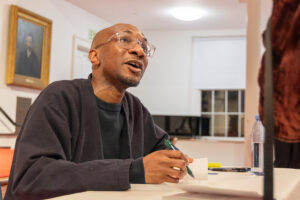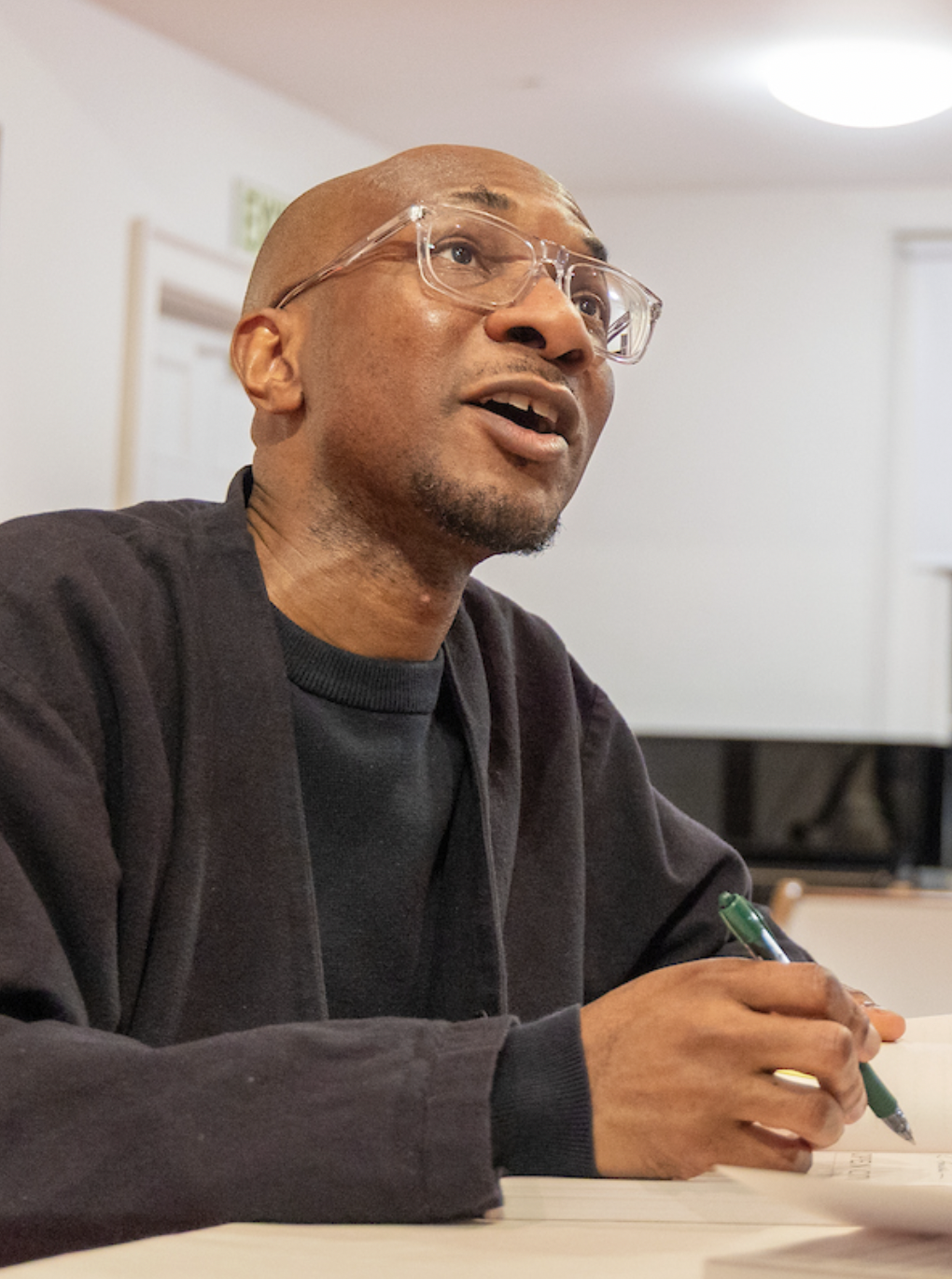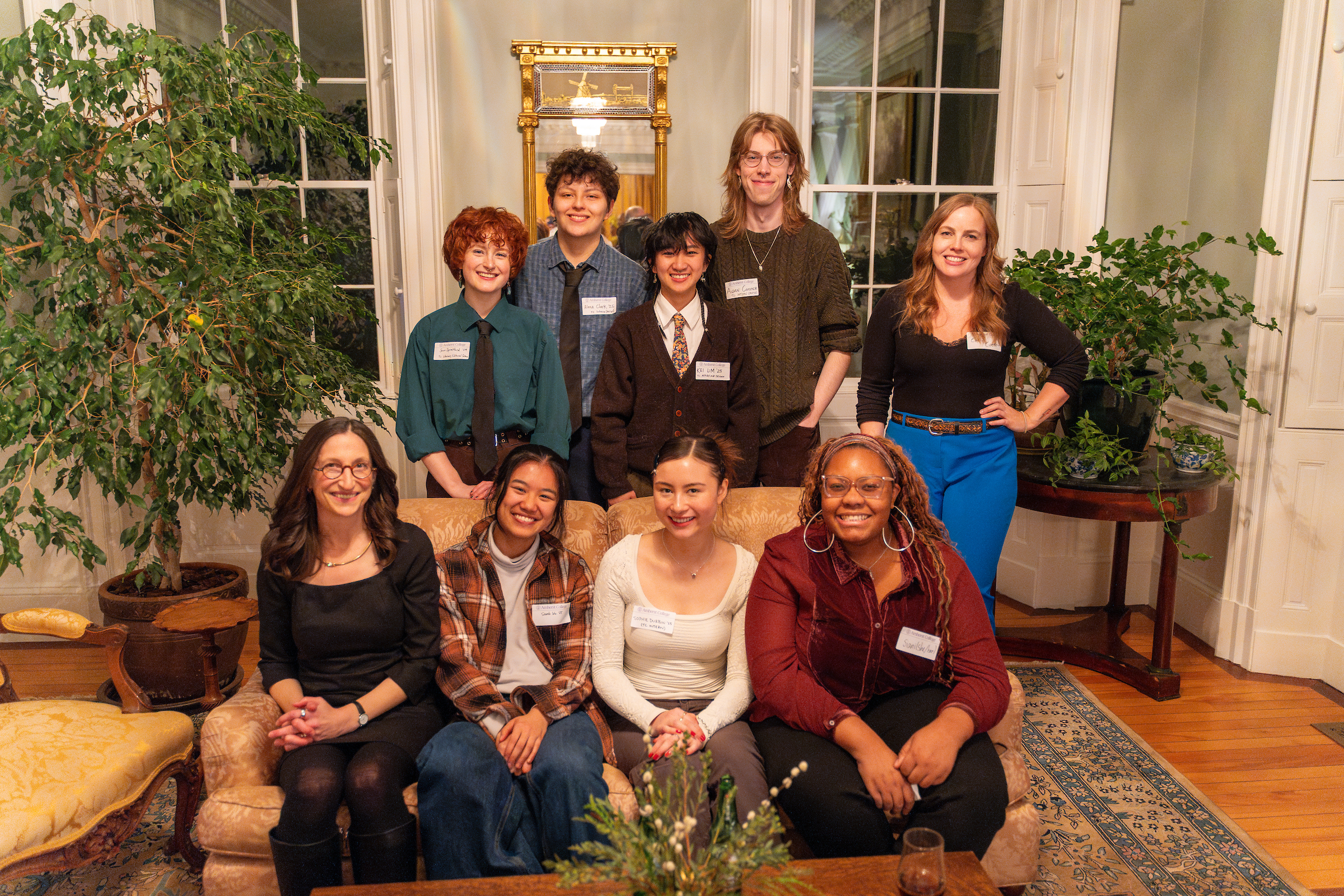
In Teju Cole’s Open City, Julius, a young Nigerian-German psychiatrist living in New York, wanders the city. For Julius, “the walks [meet] a need: they [are] a release from the tightly regulated mental environment of work….Every decision—where to turn left, how long to remain lost in thought…—[is] inconsequential, and [is] for that reason a reminder of freedom.” For readers, Julius’ meandering serves as a platform for meditations on history, art, human suffering, race, and culture, and the cumulative effect is anything but inconsequential. To call Open City a novel is like calling the White House a house: although it’s structured around a protagonist, it is driven by perceptiveness, the agility with which it moves from one idea to another, and its humanity.






